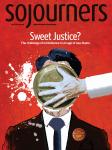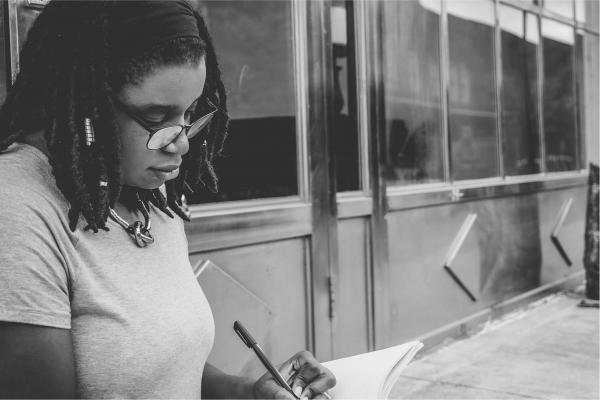I USED TO BE in the business of making moving and packaging supplies, as well as kindling.
Yes, I was a newspaper reporter. The demise of print news has been alleged for decades, and though I no longer am a newspaper reporter, I still turn to my pile of semi-read news to help me the start the occasional fire.
I’m not sure what category book authoring falls under, but it certainly feels riskier than print news. Perhaps that’s why it took me so long to drum up the courage and time to put it all down. A newspaper story has a shelf life of about 12 to 48 hours, depending on the news cycle, and then it can literally be recycled. These days—with Twitter and a thumb-happy resident in a famous white house—it seems the news cycles even faster. Critique of digital news can be brutal, but it’s also fast. A book takes much more time to read, never mind the time it takes to write, and one of my fears is that time opens up space for critique.
But since I have also spent a good deal of time critiquing the church and her followers, I felt it was time to put more of myself out there, be open to criticism, and get people talking about influence, finding “voice,” and taking action at a very local, personal level—as well as how to deal with all of the big systems we here at Sojourners often like to challenge. I wanted to talk about seeing or hearing something offensive at your child’s school and what it’s like to not do anything. I wanted to talk about how your relative is sharing racist posts, and how you may choose not to engage with them at the next family dinner. I wanted to talk about why sometimes it’s easier to rant by subtweet than it is to walk out on your church.
So I wrote a book. The kid who came to the U.S. at eight months old but didn’t learn to speak English until she started kindergarten, the kid who didn’t learn about racism until she moved to the white suburbs, the woman who just yesterday in a different white suburb was reminded by a passing motorist that I don’t belong, wrote a book hoping to engage readers in taking small, real, tangible steps with family, neighbors, colleagues, and people in the pews—to not only vote, but to talk about why you vote the way you do. To talk about why that sports team should once and for all retire a racist moniker. To talk about immigrants and immigration with others who may actually be immigrants or have forgotten what rules had to be broken centuries ago.
I wrote a book because I wanted to make sure there are ideas and thoughts in the public from someone who has had to study whiteness and citizenship and choose when, or if, I would raise my voice as a matter of survival—not only for myself but also for the ones I love. I wrote a book about voice because that is part of the story I saw throughout the Bible, the words I hold dearly and daily: how God created space for the stories of people who were on the margins but critical to the story.
I wrote a book because I was tired of others saying their words were giving voice to the voiceless.
No one is voiceless. I am not voiceless. So I wrote a book.

Got something to say about what you're reading? We value your feedback!

